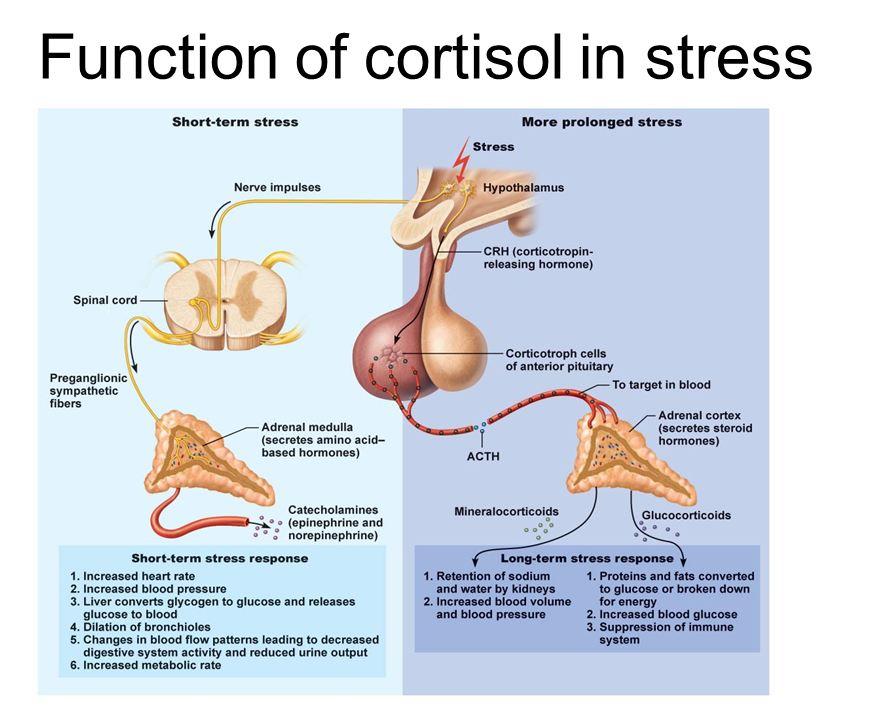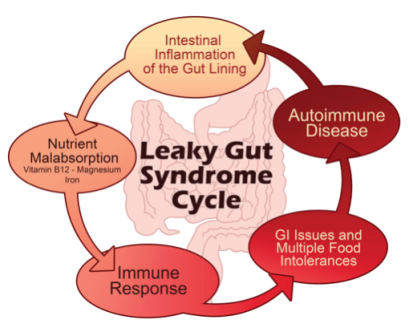With the holiday season fast approaching we can all use some reminding of how stress is crazy and ya, we are going to have to deal with it soon. If you want more support than this introduction to how stress effects your body, check out our guidebook A Beginner’s Guide to Wellness.
The biochemical mechanism in our body that is our stress response is what is called a negative feedback loop. As our stress hormone, cortisol, gets higher in our body it reduces the production of the molecules that cause cortisol to be created in the first place. For some individuals, cortisol continues to be produced due to long term exposure to stressors.

This is not uncommon today. We become desensitized and can no longer shut down cortisol production because we are constantly experiencing stress. When this is occurring the only way to shut down the loop is to use our higher brain centers to consciously reduce our stress levels. This comes from practicing making new memories where stress is not included. Because of this connection between stress and memory, there is the thought that depression and hyper arousal from stress are leading causes of Alzheimer’s Disease.
Are there memories that cause you stress when you think about them?
What stressors have you experienced that have led to you getting sick?
A relatively new field of science, Psychoneuroimmunology, describes to us how our nervous system and immune system are all connected. This is greatly important to everyone who has ever gotten sick. We all know that college students, when they come home for breaks tend to get sick and again during midterms and finals. This is due to the stress they experience which can greatly lower their immune system’s ability to keep them healthy. High levels of cortisol can directly cause death of T cells, important immune cells in our bodies. Short term stress can increase our immune system’s function but most of us have not experienced ‘short term’ stress for many years. Long term, chronic stress, lasting even more than a week will start to reduce your immune systems function on all levels. It is also not uncommon to get Functional Hypothyroidism when stress has been high for long periods of time. This has its own set of symptoms that can alter our digestion, skin and hair health, mental capacity, blood pressure, and many other things.
What things have caused you to have a ‘nervous stomach’?
 While it may not be intuitive to most of us, we do also have nervous tissue in our digestive system. This is why we get nervous stomachs before presentations and why when we are upset we tend to either crave food or lose our appetite all together. This could be one of the possible reasons behind Inflammatory Bowel Syndrome (IBS). IBS is a general inflammation of the digestive system causing a variety of problems such as bowel movement challenges, challenges absorbing nutrients, and absorbing a higher number of potential allergen and toxic substances through the digestive tract. This theory suggests that stress alters our nervous system in our digestive tract, irritating our immune system causing the inflammation associated with IBS. Though this may not be the cause for everyone, reducing your stress level can be one possible treatment to add to your regime.
While it may not be intuitive to most of us, we do also have nervous tissue in our digestive system. This is why we get nervous stomachs before presentations and why when we are upset we tend to either crave food or lose our appetite all together. This could be one of the possible reasons behind Inflammatory Bowel Syndrome (IBS). IBS is a general inflammation of the digestive system causing a variety of problems such as bowel movement challenges, challenges absorbing nutrients, and absorbing a higher number of potential allergen and toxic substances through the digestive tract. This theory suggests that stress alters our nervous system in our digestive tract, irritating our immune system causing the inflammation associated with IBS. Though this may not be the cause for everyone, reducing your stress level can be one possible treatment to add to your regime.
What symptoms do you experience when you are stressed?
